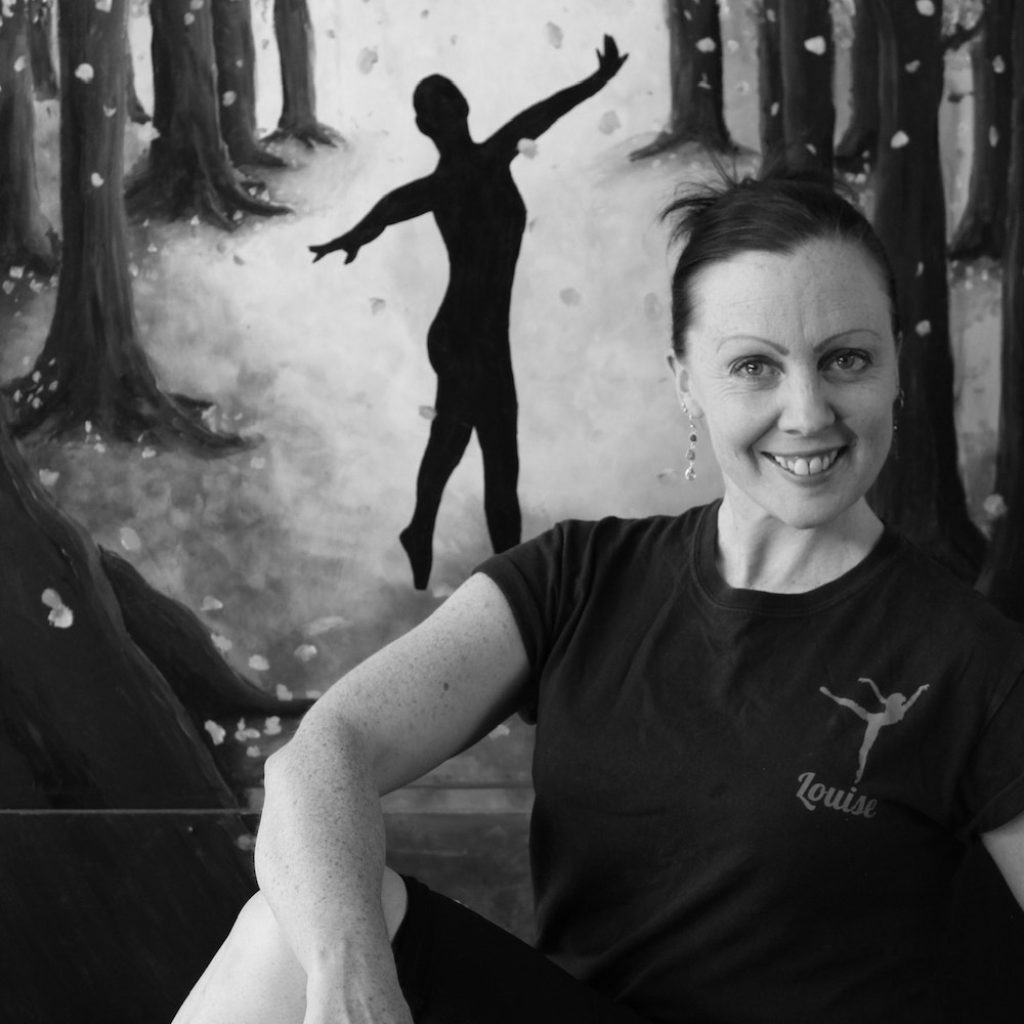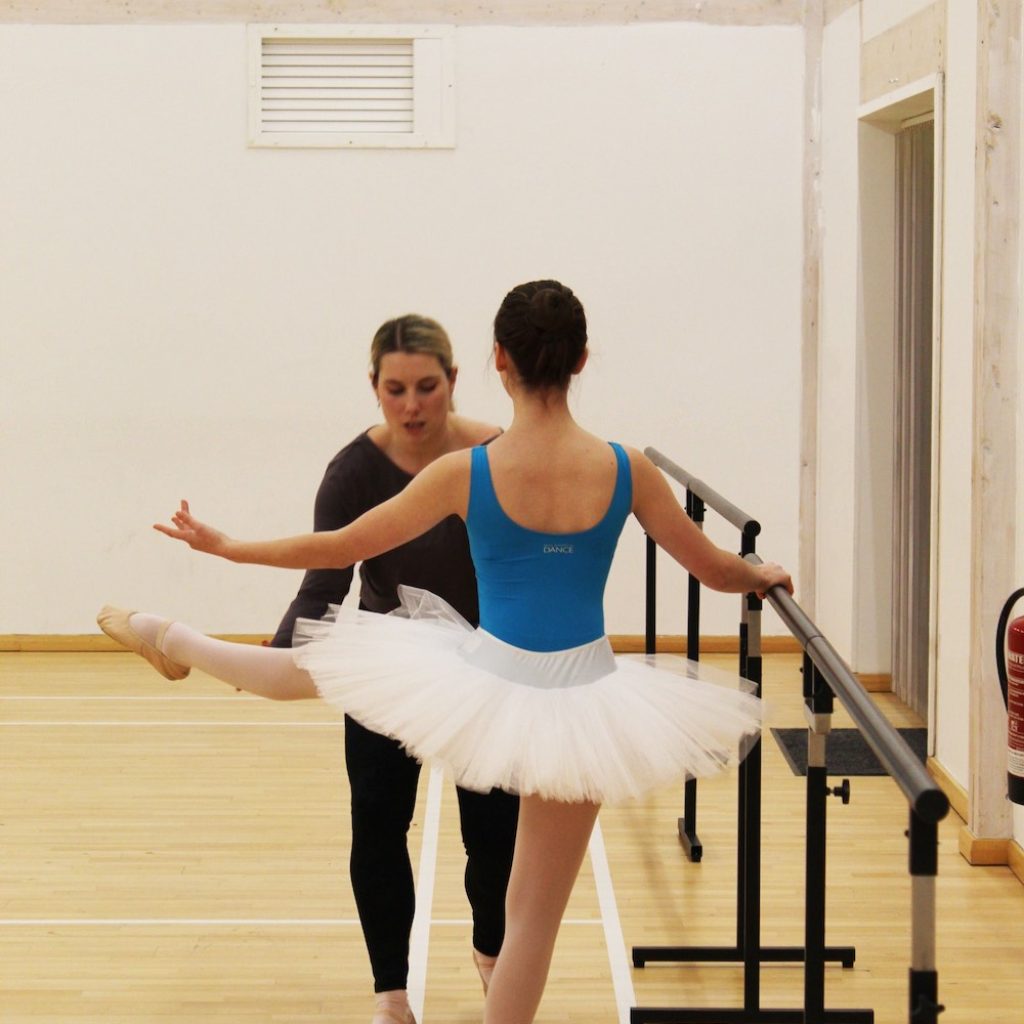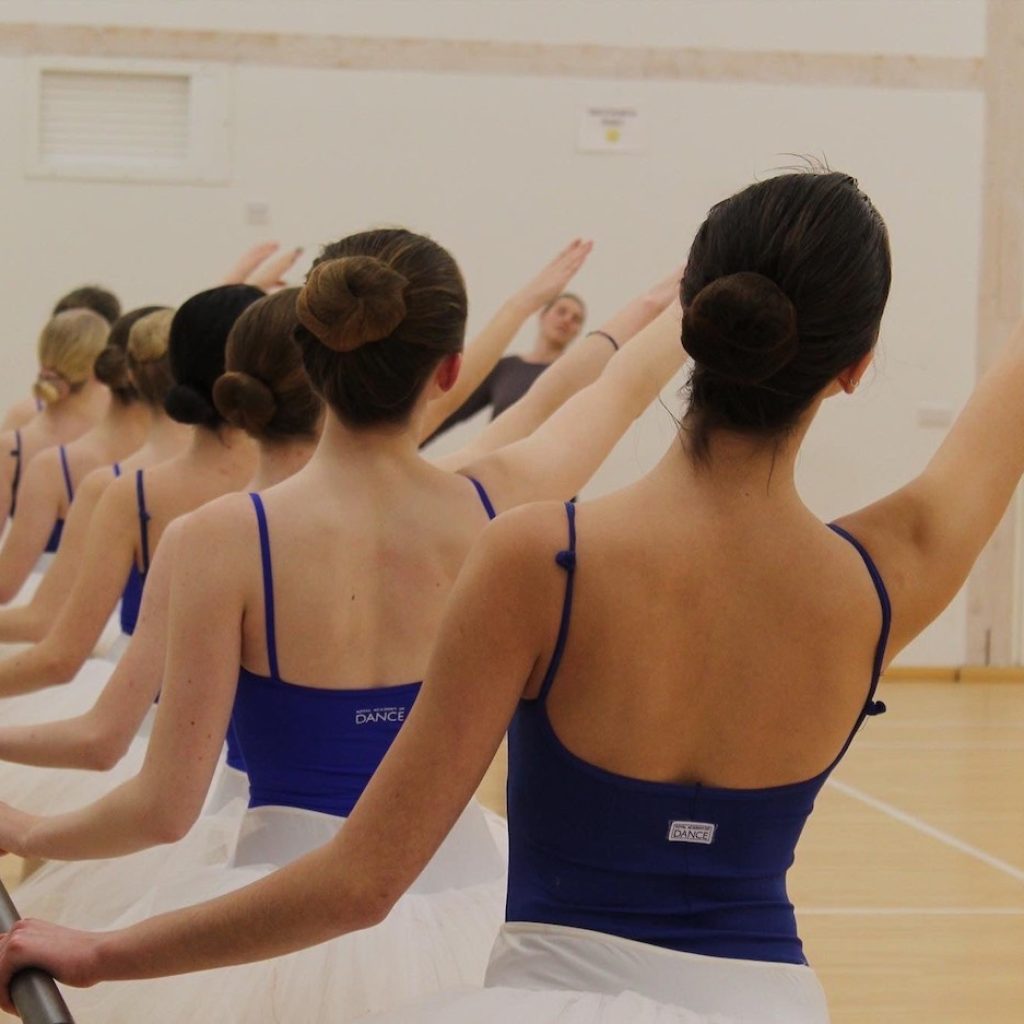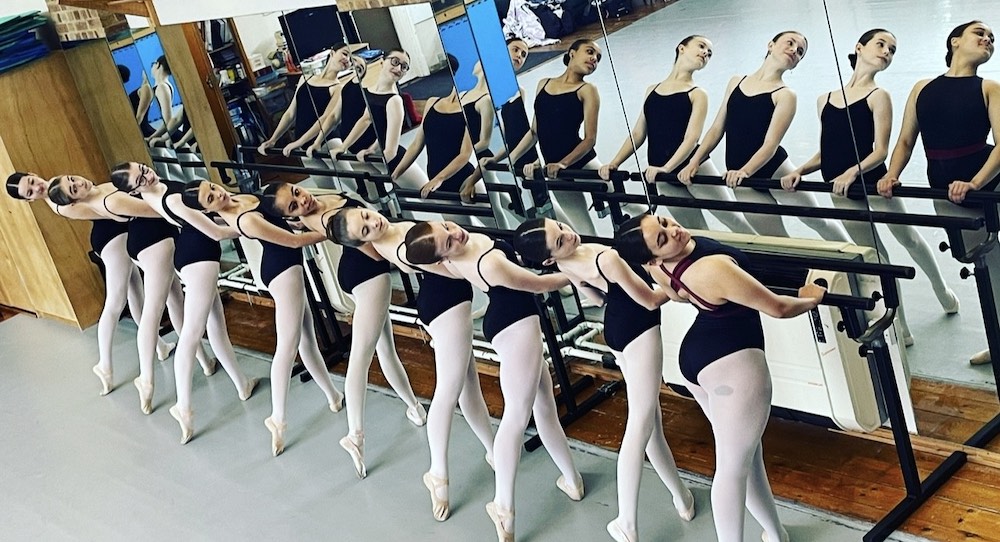Dance teachers are often self-employed, creative multi-taskers. And whilst that heralds them as being highly capable in their work, the other side of the coin suggests they may be dealing with stressful situations alone, taking on weighty responsibilities for others, and having difficulty switching off.
What does ‘giving too much’ mean? To become a good dance teacher is surely to pour your passion into your career?
Does hearing music signal your brain to start choreographing wherever you are?
Do you scribble dance ideas on paper scraps at random moments?
Read or respond to correspondence at all hours to ‘keep on top’ of things?
Can a passionate teacher ever separate work and passion, and be fully at rest?

Having run a ballet, dance and Pilates school for 27 years, I can truthfully say there have been numerous situations where I have given too much emotionally of myself and suffered personally because of it. From parents forming their own message group to campaign against the introduction of a new exam leotard, to parents who have been so supportive they feel like friends, then turn like vicious enemies when they disapprove of a decision.
In exploring this topic, I recalled a dancer I had taught from the age of three. The parents were grateful for my time and expertise, and we formed a close bond over the next 11 years. I was asked to private lesson the dancer throughout the six-week holidays in preparation for a ballet exam. The dancer then attended one week of the following term, before the parents stated they had allowed their dancer to attend that week to say goodbye to their dance friends. They’d decided the grass was greener and took their dancer to another school. A few weeks later, the dancer auditioned for a prestigious young people’s ballet company and was given the title role in their production. The credit was given to the new school, who then entered the dancer for the exam I had trained them for. I’ve never forgotten the personal devastation and betrayal I felt. Not to mention the impact on the rest of the school.
“The passion of teaching overrides the few who are fickle and don’t appreciate how much we give of ourselves,” says Bernadette Heys, who has been teaching for 50 years and says she has experienced many emotional highs and lows. “It can be draining when you get involved with families, help them out financially with lessons, and they move on without caring about your feelings.”
Vivien Scully, a former dancer, wanted students she taught to feel what she had felt as a dancer. “You give a lot of yourself emotionally to try to achieve that,” she says.
In a vocational profession that can involve working with a dancer for 10-15 years, teachers see dancers through their difficult times, their triumphs, and we support and guide them. Teachers see little dancers become bigger dancers, become teenagers, grow up and leave! It is arguably very hard, if not impossible, not to get hurt.

Libby Hanley sold her dance school in 2022, because of emotional pressures she felt following the Covid-19 pandemic. She said leaving was the hardest thing she had ever done, but in the end she had to protect herself.
“I supported the whole school and their parents through the pandemic, but people were offloading their stresses and problems onto me,” Hanley recalls. “As teachers, we are often alone in a unique role that doesn’t have training or support for all the times we are taking on the emotions and stresses of the children, teens and adults we are teaching.”
Laura Fleet stresses that she loves teaching and wants to keep everyone happy. But over the years in an attempt to lessen stress, has learned to be much clearer about what she and her school offer.
“When I was a younger teacher, I found it easier working for another school as I always had someone above me to go to for advice and support,” Fleet explains. “Running my own school is harder. I recently had to let a student go because of a situation with their parent who was pushing very hard for their daughter to get into a full-time ballet school. I had given my advice that it wouldn’t be suitable for her because of incorrect physique. But the parent continued to push, taking her daughter to different teachers, harassing principals of ballet schools, until it got to a point where I needed to cut myself off from it.”

A ballet teacher from South Africa finds that teaching for her is harder now than it was 20 years ago, because of mental health challenges she is now meeting in her students. “You have to be so careful with criticism and corrections as you can often be misinterpreted. As a younger teacher, I invested more of myself into students and was often bitterly disappointed by their manner or behaviour, studio-hopping to the next teacher, when I had given so much extra time to them, emotionally and physically.”
And from a different perspective, a former secondary school dance teacher in South East England says, “Being a dance teacher is not just physical; it is mentally and emotionally exhausting. If you are lucky, your headteacher will understand the importance of the arts. I was not allowed to pull dancers from lessons to rehearse, so all rehearsals took place after school in my own time and even in school holidays. I was always arriving home late which caused family tension. It was like spinning plates. It was exhausting being everything to everyone.”
What, if anything, can teachers do to protect themselves? Not give so much? But then, we wouldn’t be our passionate selves – would we?
Samantha Bryden doesn’t feel there is a thing as ‘giving too much’ emotionally as a teacher. “But when teachers compromise their own mental health, families or financial resources etc, then that is too much.”
Sarah Moore has taught for 15 years. “I don’t think a dance teacher can give too much. Corrections, demonstrations, feedback, life lessons and helping students feel safe are some of the areas we are constantly helping with. We often don’t even know we are doing it.”
Moore recommends setting time limits for yourself when planning classes at home to help switch off. And Fleet says she is only contactable by email and her work email is only on her laptop, not her phone. She also mediates a lot!
Using our creative energy for our own benefit is certainly something dance teachers can do!

First, jot down all the busy things in your mind, plus whatever you need to remember to do tomorrow. Place the paper aside and don’t go back to it. It will be there for you later, or in the morning.
Get some relaxation music on and sit or lie comfortably, where you will be undisturbed for a while. Challenge yourself to think only of your breath, rising and falling like gentle waves. Breathe in for a count of four, and out for a count of four. Satisfying for dance teachers who love to count movement! Place your hands onto your belly and feel it rise and fall with your breath. Breathe slower.
Now, make fists of your hands, curl your toes, tense your legs, shoulders, belly and screw up your face. Tense your whole body and hold for several seconds. Then allow yourself to melt, like candle wax. Repeat and repeat again. Don’t rush.
Imagine you are surrounded by your favourite colour. As though the colour were paint, dip in your hands and create. Paint swirls and patterns, all around you, and overhead. Feel safe in your own resting place, cocooned by colour. Slow your movement, and gradually come to a still, resting back once more.
Focus on the long slow breaths again. Breathing in for four and out for four.
Slower.
Sleep well.
By Louise Ryrie of Dance Informa.














